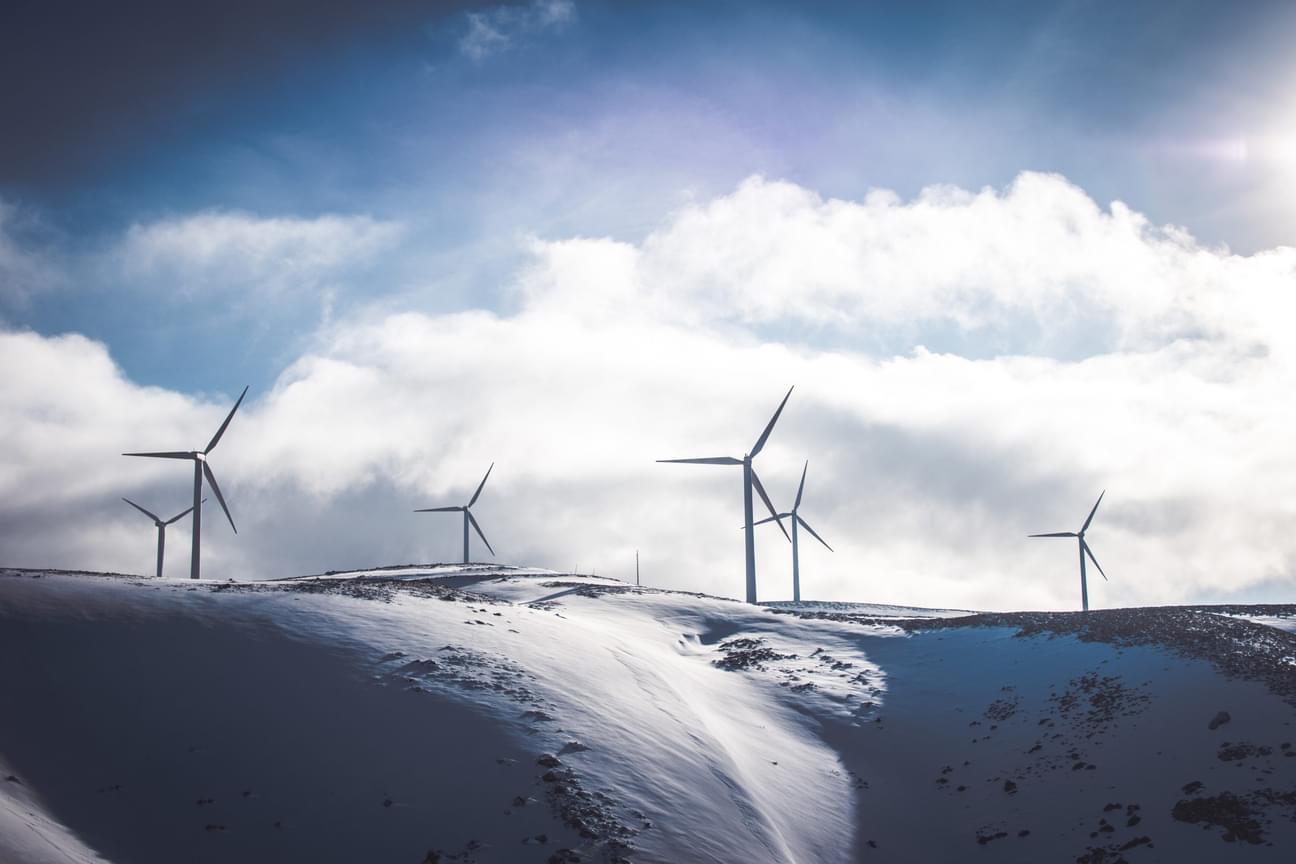Compass Lexecon advises SITRA on cost-efficient electrification in Finland

Share
Compass Lexecon advised innovation fund, Sitra, on an approach to achieve the Finnish decarbonisation targets as smoothly and cost-efficiently as possible. Based on quantitative energy and power system modelling and qualitative engagement with key stakeholders across the Finnish community, we delivered a holistic study on the cost-efficient decarbonisation pathway for Finland up until 2050.
Finland has set itself an ambitious target to reach carbon neutrality by 2035. We were engaged to provide a holistic view on plans for electrification and decarbonisation in Finland and to identify the key enablers, pain points and recommendations for next steps. The study had to show cost-efficient energy pathways in two scenarios, both in line with the carbon neutrality target for 2035 and full decarbonisation by 2050, while ensuring security of supply.
Our study examined the current and future Finnish energy demand across all energy carriers (and with a particular focus on hydrogen and PtX-fuels). Based on this we derived a cost-efficient pathway for the evolvement and expansion of the electricity system to reach both the decarbonisation targets and keep up security of supply. Based on the modelling results, we identified bottlenecks and key enablers to implement the transition pathway thereby assessing whether the identified changes are likely to materialise under the current market mechanisms and policy frameworks.
Our study finds that achieving the ambitious Finnish climate targets is possible with foreseeable technologies, without overly optimistic energy efficiency gains, and without sustained increase of biomass use compromising the carbon sink of Finnish forests. Instead, we found that strong direct and indirect electrification across the economic sectors avoids most of the historical greenhouse gas (GHG) emissions , while only a small a mount of remaining GHG emissions require compensation
by negative emissions from bioenergy with carbon capture and storage (BECCS).
The Compass Lexecon team was led by project expert Fabien Roques, project manager Gerald Aue, the Paris based modelling team led by Yves Le Thieis and Petr Spodniak from our Helsinki office cooperated with a team from Enerdata and Lappeenranta-Lahti University of Technology.